
Shutterstock
As people age, their priorities shift, and so does their perspective on what truly matters when it comes to spending money. What once seemed essential or exciting often starts to feel unnecessary or even wasteful. Whether it’s splurging on the latest gadgets, indulging in luxury items, or keeping up with fleeting trends, many begin to realize that these expenses add little lasting value to their lives.
Instead, they focus on what brings long-term satisfaction, like health, relationships, and financial security. Here are 25 things that many individuals eventually consider a waste of money as they grow older and wiser
Trendy Clothing and Fast Fashion

Shutterstock
As people age, the constant pressure to keep up with fashion trends begins to feel less important. Many realize that fast fashion, while cheap and exciting, often sacrifices quality and sustainability. Clothes that once seemed essential quickly lose their appeal as older individuals prioritize durability and comfort over temporary styles. Instead of following seasonal fads, many people opt for timeless, classic pieces that last much longer.
Expensive Cars

Shutterstock
The allure of owning a luxury vehicle diminishes for many as they age. Expensive cars are not only costly upfront but also require significant maintenance and depreciate quickly. Older individuals often come to see that a reliable, fuel-efficient vehicle meets their needs just as well, without the hefty price tag. Rather than making a statement through their car, they prioritize practicality and long-term savings.
Dining Out Frequently

Shutterstock
Eating out at restaurants can quickly add up, and many people find themselves spending more on food than they realize. While it’s enjoyable to indulge occasionally, older adults often become more conscious of the health and financial benefits of cooking at home. Preparing meals at home allows for better control over ingredients and portion sizes, contributing to a healthier lifestyle. Plus, the money saved from eating in can be allocated to more meaningful experiences or future financial goals.
Designer Handbags and Accessories
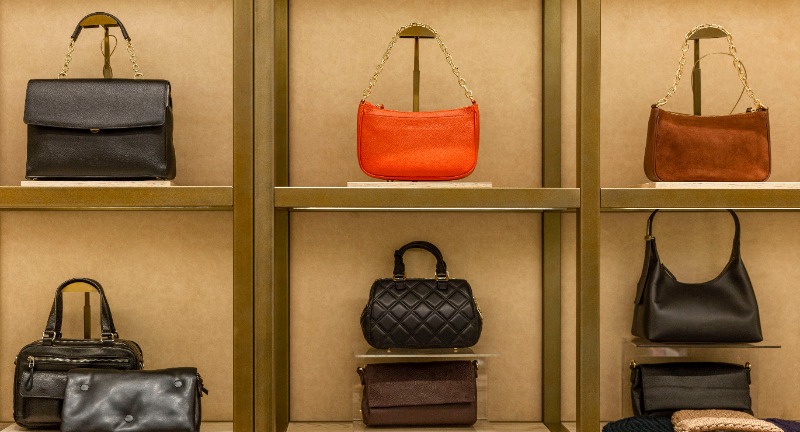
Shutterstock
Designer handbags, shoes, and accessories often symbolize status in youth, but their importance tends to fade over time. Many people find that spending large sums on luxury items doesn’t provide the long-term satisfaction they once imagined. Instead, practical and well-made alternatives become more appealing as they shift away from appearances and focus on functionality. Investing in fewer, quality pieces that serve multiple purposes becomes the smarter, more sustainable choice.
Expensive Weddings
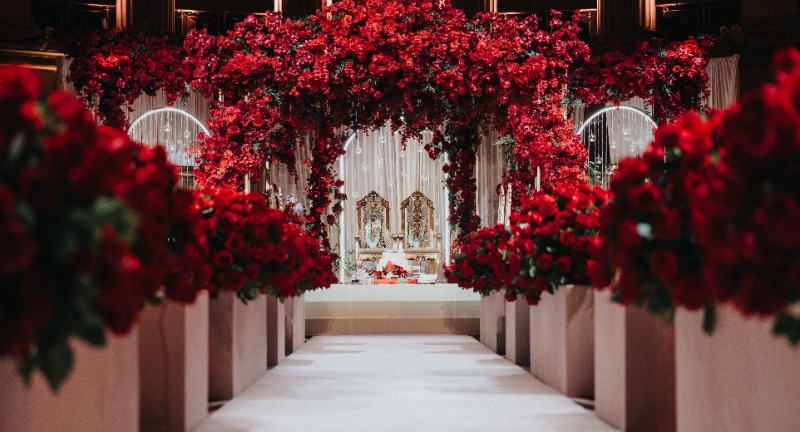
Shutterstock
Weddings are often lavish and expensive events, but many people come to regret the large sums they spent on a single day. Older couples often reflect on how the money could have been better used for future savings, a down payment on a home, or travel. As people age, they realize that the value of a wedding isn’t in the price tag, but in the memories and relationships celebrated. This realization leads many to prioritize more intimate, meaningful ceremonies over extravagant ones.
Gadget Upgrades

Shutterstock
Tech gadgets seem to evolve at a dizzying pace, with newer models and features being released frequently. However, older individuals often realize that constantly upgrading to the latest device is unnecessary and costly. Most modern gadgets, even those a few years old, function perfectly well for everyday tasks. The pressure to always have the latest technology fades, and many people choose to make their current devices last longer, saving both money and time.
Impulse Purchases

Shutterstock
The thrill of impulse buying often wears off as people grow older and gain more financial awareness. While younger individuals may indulge in spontaneous shopping, older adults tend to be more mindful of their spending habits. Impulse purchases often lead to clutter and regret, as the novelty of items quickly fades. Instead, older individuals prioritize thoughtful purchases that add genuine value to their lives.
Subscription Services

Shutterstock
Subscription services—whether for streaming, beauty products, or fitness apps—seem like a good idea at first but often go underused. As people age, they start to analyze whether they’re truly getting their money’s worth from these recurring fees. Many older individuals realize they don’t have time to fully utilize multiple services and end up cutting back to the essentials. The simplicity of fewer subscriptions allows for more intentional spending on what really matters.
Gym Memberships
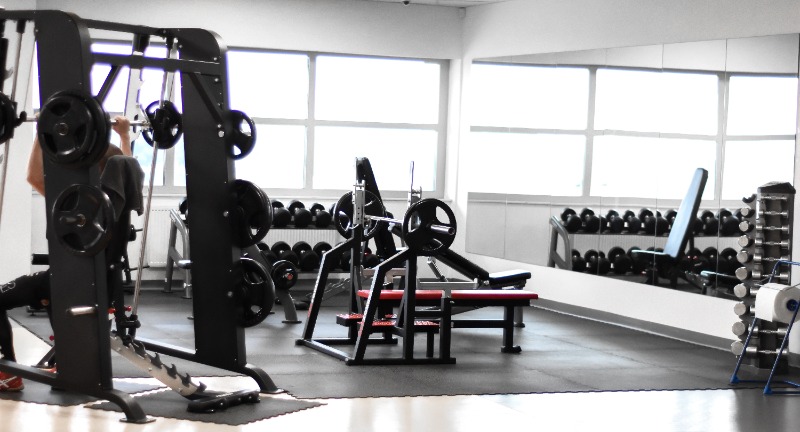
Shutterstock
For some, gym memberships seem like an essential investment in health, but they often go unused after the initial excitement wears off. Many older adults discover that staying fit doesn’t require a costly gym membership—activities like walking, yoga, or even at-home workouts can be just as effective. Instead of paying for access to equipment they rarely use, they prioritize simple, consistent exercises that fit into their daily routines. This shift not only saves money but also reduces the guilt of unused memberships.
Expensive Haircuts and Salon Treatments
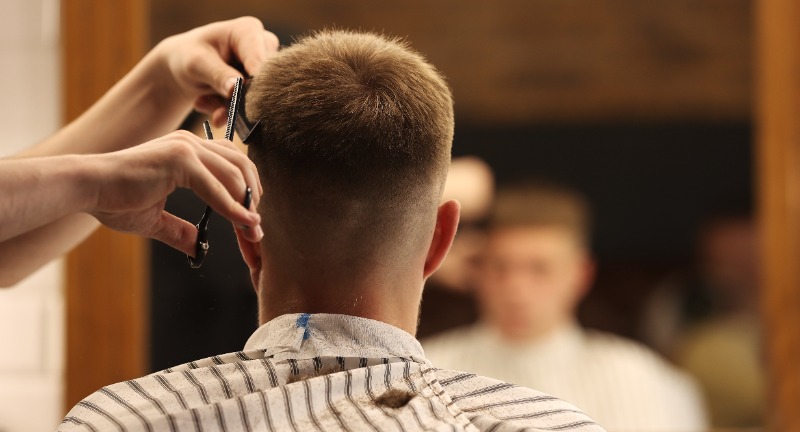
Shutterstock
High-end salons and frequent treatments may have been appealing in younger years, but as people age, they often realize they don’t need to spend so much to look and feel good. Expensive haircuts, color treatments, and spa services add up quickly, and many older adults start seeking more affordable options. Some embrace their natural hair and reduce the frequency of salon visits, saving both time and money. The emphasis shifts to low-maintenance beauty routines that are both practical and cost-effective.
Over-the-Top Holidays

Shutterstock
Luxury vacations and frequent international travel can feel exhilarating in youth, but over time, many people start to see them as a waste of money. Older individuals often find more value in simpler, more personal travel experiences, such as visiting family or exploring local destinations. Instead of chasing extravagant vacations, they focus on making meaningful memories that don’t come with a hefty price tag. Prioritizing relaxation and connection over luxury makes vacations more fulfilling and affordable.
Luxury Hotel Stays
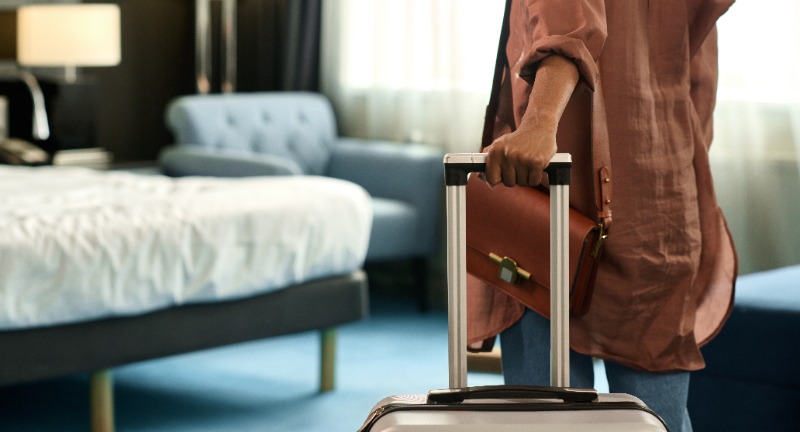
Shutterstock
While staying in luxury hotels can offer comfort and prestige, many people find it unnecessary as they age. Spending hundreds of dollars per night on accommodations seems excessive, especially when most of the time is spent exploring outside the hotel. Older travelers often prefer budget-friendly or boutique options that offer a cozy, comfortable experience without the inflated price. This mindset shift allows for longer trips or more frequent travel without breaking the bank.
Buying Drinks at Bars

Shutterstock
Spending money on overpriced cocktails and rounds of drinks at bars starts to lose its appeal over time. As people age, they often prefer hosting gatherings at home or choosing simpler, more affordable beverages. Many older individuals also focus more on quality time with friends and family, rather than the social scene at bars and nightclubs. This change in social habits helps save money and fosters deeper, more meaningful connections.
Overpriced Health Supplements
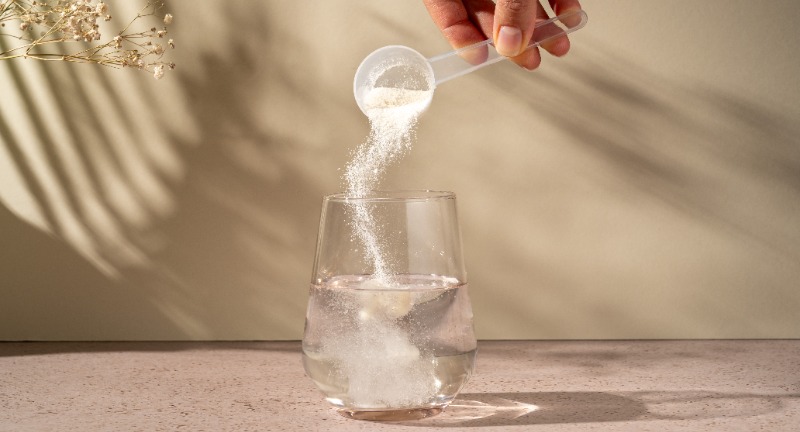
Shutterstock
The wellness industry often markets expensive supplements as essential for good health, but many people begin to question their effectiveness as they age. Older individuals increasingly focus on maintaining a balanced diet and regular exercise rather than spending on overpriced vitamins and supplements. They come to understand that many of these products offer little more than a placebo effect. Prioritizing whole foods and natural health solutions saves money and provides greater long-term benefits.
Furnishing Homes with Expensive Decor
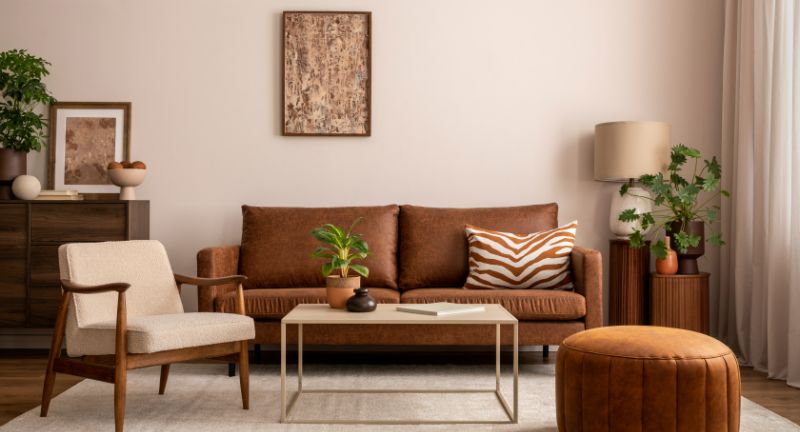
Shutterstock
In the earlier stages of life, it’s easy to feel pressured to have a perfectly decorated home filled with trendy and expensive items. However, many people later realize that filling their homes with costly decor doesn’t necessarily create lasting happiness. As priorities shift, people focus more on functionality, comfort, and personal touches that make a home feel lived-in and welcoming. Investing in quality over trendiness often leads to a more fulfilling home environment without excessive spending.
Excessive Home Renovations
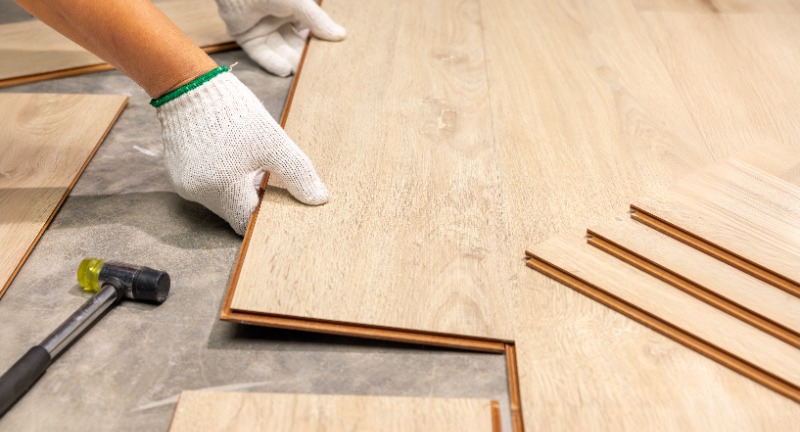
Shutterstock
Home renovations can be an exciting way to refresh living spaces, but many people come to regret large, costly projects that don’t provide a return on investment. Older homeowners often learn that simple, meaningful upgrades—like energy-efficient improvements or creating more storage—are more valuable than extensive overhauls. Rather than constantly updating their homes to fit the latest design trends, they focus on renovations that make their homes more comfortable and functional. This approach not only saves money but also reduces unnecessary stress.
Expensive Gifts
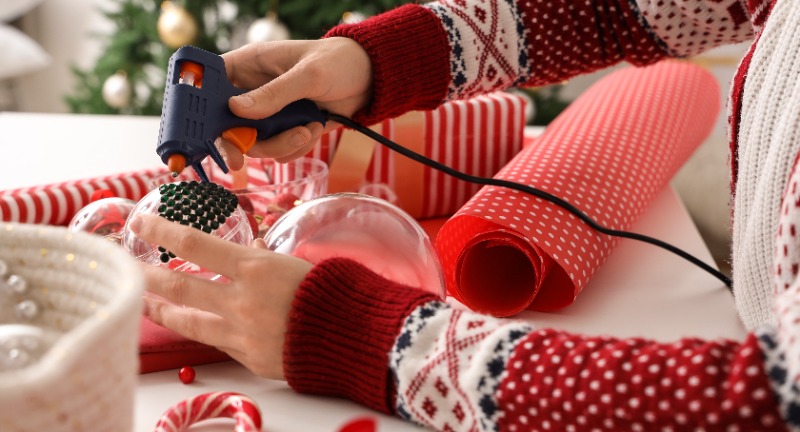
Shutterstock
In earlier years, buying expensive gifts for loved ones can feel like a way to show affection or impress others, but over time, the value of thoughtful, meaningful presents becomes more apparent. As people age, they recognize that the emotional sentiment behind a gift is more important than its price tag. Handmade or personalized items, experiences, or simply spending quality time with someone often carry far more weight than expensive, material gifts. This shift in thinking not only saves money but also creates deeper, more genuine connections.
Costly Hobbies
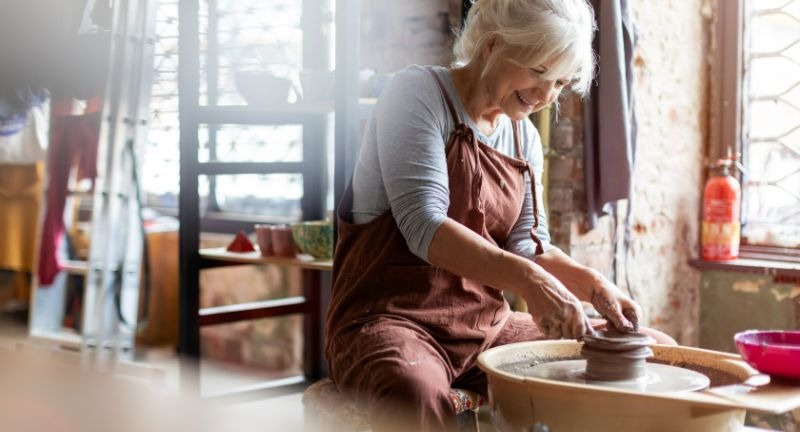
Shutterstock
Expensive hobbies such as collecting rare items or participating in high-end recreational activities can lose their appeal over time. Many people find that their interests shift towards simpler, more fulfilling hobbies that require less financial investment. Gardening, reading, crafting, or volunteering often become more meaningful pursuits as they age. Prioritizing hobbies that bring joy without draining financial resources leads to a more balanced, content lifestyle.
Premium Insurance Packages

Shutterstock
Paying for premium insurance packages with add-ons may seem like a wise choice early on, but many people realize they don’t use most of the benefits. As they age, people tend to reassess their insurance needs and find that basic coverage suffices for their lifestyle. They become more mindful of the hidden costs and often reduce their policies to cover only what’s necessary. This approach helps streamline expenses without sacrificing essential coverage.
Expensive Beauty Products

Shutterstock
Many individuals spend hundreds of dollars on luxury skincare and beauty products in hopes of achieving flawless results, only to later realize that affordable products work just as well. Aging often brings the wisdom that simple, tried-and-true skincare routines are more effective than expensive creams and treatments. Additionally, many people start to embrace their natural beauty, reducing the pressure to buy high-end products. This shift in perspective saves money and helps individuals feel more confident in their own skin.
Event Tickets

Shutterstock
Attending concerts, sporting events, and other live performances can be thrilling, but many people come to feel that the high cost of tickets isn’t always worth it. Older individuals often find greater enjoyment in more intimate experiences, such as smaller shows or local events, which offer the same satisfaction without the hefty price tag. Additionally, they may prefer to invest in experiences that offer deeper personal meaning rather than fleeting entertainment. This change in perspective helps free up money for more fulfilling pursuits.
Credit Card Debt

Shutterstock
Accumulating credit card debt can feel manageable when younger, but as people age, the burden of high interest rates and lingering balances becomes more apparent. Many realize they’ve spent years paying for things they no longer need or use. The stress of debt often outweighs the short-term joy of impulse purchases. With age comes a focus on financial freedom and avoiding the trap of unnecessary debt.
Timeshares
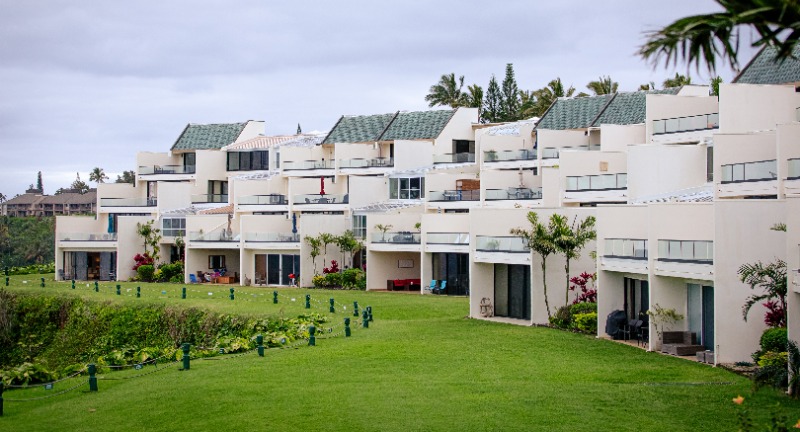
Shutterstock
What may seem like an affordable vacation solution in the beginning can become a financial burden over time. As people age, they often feel trapped by the ongoing maintenance fees and restrictions of timeshares. Many regret the long-term commitment and inflexibility that these arrangements impose. Over time, they realize that investing in a timeshare isn’t always the most practical or cost-effective way to travel.
Collections of Any Sort
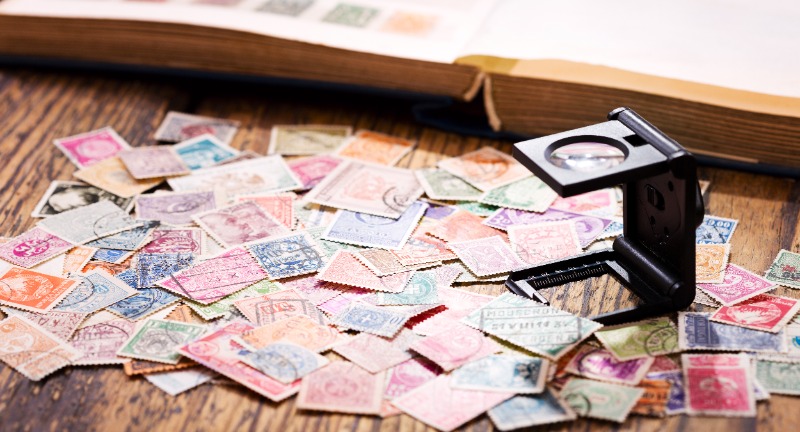
Shutterstock
Collecting items such as figurines, stamps, or memorabilia may bring joy at first, but as people age, they often see their collections as a source of clutter. The once-valuable items may lose their appeal, and the cost of maintaining or expanding these collections no longer seems justifiable. Sentimental value fades as space and simplicity become more important. People often wish they had invested in experiences rather than physical items.
Diamond Rings
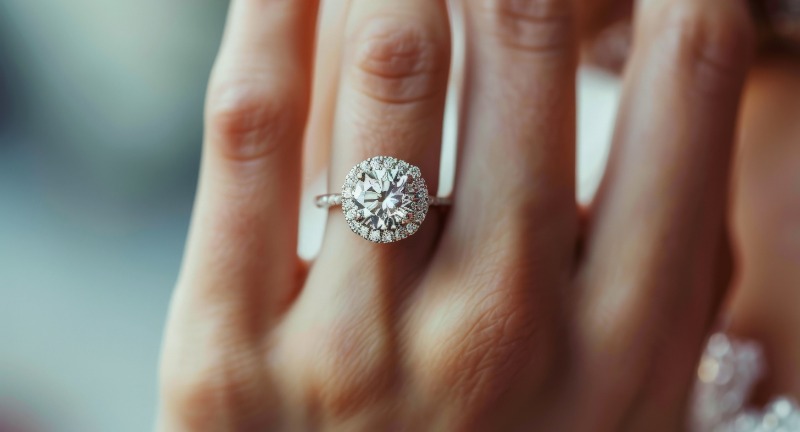
Shutterstock
While diamond rings are often seen as symbols of love and status, many older individuals come to view them as an unnecessary expense. The cultural pressure to purchase expensive engagement rings can feel less significant over time. People increasingly value personal meaning and emotional connection over the material cost of jewelry. They often wish they had chosen something more affordable and meaningful rather than following societal expectations.
Conclusion

Shutterstock”
As we age, our spending habits shift, focusing more on long-term fulfillment rather than temporary indulgences. What once felt essential often loses its appeal, replaced by a desire for simpler, more meaningful priorities like health, relationships, and financial security. This shift in mindset encourages more thoughtful, intentional spending. In the end, it’s about making choices that truly enhance our lives and bring lasting value.

 Entertainment3 weeks ago
Entertainment3 weeks ago
 Celebrity News5 days ago
Celebrity News5 days ago
 Celebrity News5 days ago
Celebrity News5 days ago
 News5 days ago
News5 days ago
 Celebrity News1 month ago
Celebrity News1 month ago
 News6 months ago
News6 months ago
 Entertainment2 months ago
Entertainment2 months ago
 Entertainment3 weeks ago
Entertainment3 weeks ago






































